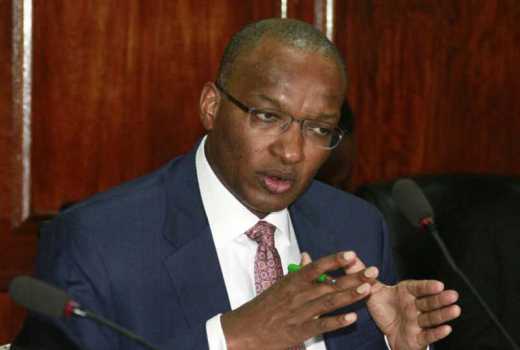
Central Bank of Kenya (CBK) Governor Patrick Njoroge’s remarks that the institution charged with ensuring stability in prices and promoting economic growth is under attack should not be taken lightly.
The governor’s concerns point to possible interference in the running of this critical financial institution. He has on several occasions sounded the alarm when he felt that the powers vested in him were being watered down. In an interview with CNN in March, he called for the strengthening of institutions and the need to ensure that rules were predictable if the economy was to turn the corner.